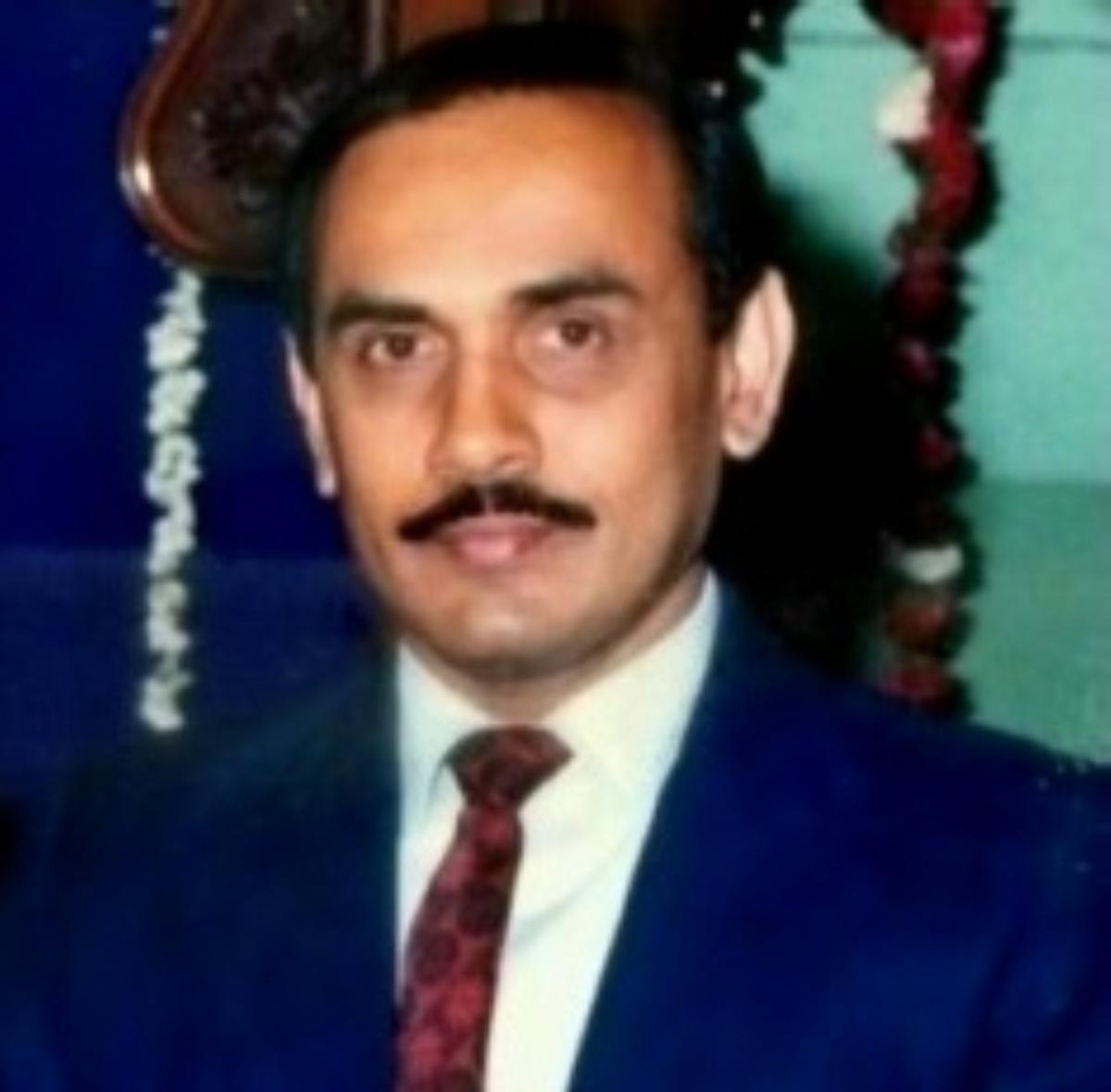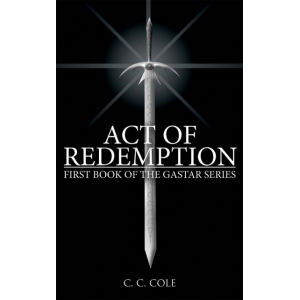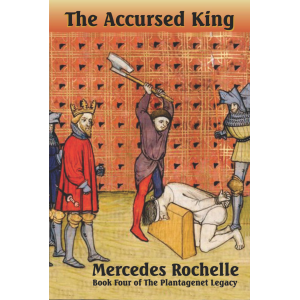- Author
- Book
- Story behind the book
- Media Links
- Reviews

PRAVEEN KUMAR
About
Praveen Kumar, a bilingual poet, born in Mangaluru on June 29 of 1949 as the eldest son of Shree R.D.Suvarna and Smt. B.Sarojini, with his more than three decades of government service as a senior police officer and as a poet of twenty-four published collections and as an author of five volumes on matters of governance and administration is a familiar face in Indian intellectual circuits. His more than 30 contributions on governance and administration to prominent national dailies like The Hindu, The Indian Express, Deccan Herald and The Times of India and other periodicals and journals were extremely popular and often sensational by their innovative unorthodox thoughts.
Praveen Kumar graduated in Science from St. Aloysius College, Mangaluru, going on to obtain post-graduate degree in Literature from Mysuru University. He also holds post-graduate diploma in Business Management as well as Higher Diploma in Cooperative Management. In his student days he was a prize-winning orator and writer. He lives in Bengaluru with his son, Pratheek Praveen Kumar and wife, Jayashree Praveen Kumar. He is a familiar face in national seminars and TV networks in India as a Poet and thinker and some of his poems have figured in school text books.
His published works include Policing for the New Age, Policing the Police, Indian Police and Inside India in prose; and Unknown Horizons, Portraits of Passion, Simply Yours, Love & Pride, Shobha Priya, Golden Wonder and Celestial Glow in poetry. His published works in Kannada are Divya Belaku, Bhavana, Priya Chaitra Tapasvini, Ananya Priya Lavanya, Priya Geethegalu and Tapasvini. Stemming from his varied academic background are the lively far-reaching interests that have impelled him to write in subjects as divers as matters of public interest and poetry that struck a perfect balance between the pursuance of vocation and avocation.
BOOKS
A) Nonfiction
1) Policing For The New Age
2) Policing The Police
3) Inside India
4) Indian Police
5) Policing The Police
Second Edition
B) English Poems
1) Unknown Horizons
2) Portraits Of Passion
3) Love & Pride
4) Simply Yours
5) Shobha Priya
6) Golden Wonder
7) Celestial Glow
C) Kannada Poems
1) Divya Belaku
2) Bhavana
3) Priya Chaitra Tapasvini
4) Priya Geethegalu
5) Ananya Priya Lavanya
6) Tapasvini
D) Poem Collections
1) Poetic Sojourn (5 Volumes)
2) Recent Poems
3) Complete Work Of English Poems
4) Complete Work Of English Love Poems
5) Book Of Poems
6) Book Of Poems Part 2
7) Book Of Love Poems
E) Kannada Poem Ebooks
1) Poems Canarese
2) Love Poems Canarese
PUBLISHED ARTICLES
A) The Hindu
1) Indian Police At A Crossroads (6-6-1995)
2) Internal Security- Challenges And Approach (8-8-1995)
3) Indian Police: Time To Take Tough Decisions (19-9-1995)
4) What Ails Professional Policing In India? (2-1-1996)
5) Need To Liberate Law Enforcers From Unholy Alliances (2-4-1996)
6) Role Of Police In The Reconstruction Of India (18-6-1996)
7) Where Their Loyalties Lie… (27-8-1996)
8) Caught In The Vicious Circle Of Corruption (15-10-1996)
9) Police Structure Needs The Management Touch (31-12-1996)
10) Police & Human Rights – Does End Justify Means? (18-3-1997)
11) Restoring Credibility To Crime Investigation (24-6-1997)
12) What Ails The Indian Secret Police (9-9-1997)
13) Police Unprofessional (20-1-1998)
14) Law And Justice (23-6-1998)
15) Police Morale Eroded By Poor Administration (8-9-1998)
16) Time To Improve The Quality Of Civil Service (2-3-1999)
Quality Of Civil Service (19-3-1999) : Letter To The Editor
As Answer To Upsc Response In The Hindu Dated 16-3-1999.
B) The Indian Express (Editorial Page)
1) Quota System Can Weaken Civil Service (6-6-1995)
2) Empowering The Cbi (10-7-1997)
C) Deccan Herald (Sunday Supplementary)
1) Towards Sane Service (2-7-1995)
2) Lacking Vigour (6-7-1997)
3) Professional Pride Of The Police (28-9-1997)
4) Need To Revitalise The Police (23-11-1997)
5) For Good Governance (11-11-2001)
D) The Times Of India
1) The Gun Still Speaks (21-10-1995)
E) Alive (Focus)
1) Crime, Politics And Police (February 1996)
2) Criminalisation Of Police (January 1997)
3) The Indian Police: Maladies And Remedies (September 1998)
4) The Crumbling Steelframe Of India (November 1998)
5) Kashmir: The Core Issue Of Nationhood (February 2002)
F) IJCC
1) Investigation Of Dowry Death Cases (1996 – 3)
2) Indian Internal Security Buildup (1998 – 4)
TV APPEARANCES
A) Interviewed
1) Sanchaya (Bangalore Dd) On 8-6-1992
2) Sanchaya (Bangalore Dd) On 22-8-1994
3) Parichaya (Udaya Tv) On 16-3-2000
B) Presenting Poems
1) Sanchaya (Bangalore Dd) On 12-9-1989
2) Kavi Sammelana (Bangalore Dd) On 17-10-1990
PRESENTING PAPERS
A) National Seminars
1) The Centre For Policy Research, New Delhi On 20-3-2002
(Indian Political Reforms-Police Administration)

Act of Redemption
Description
The "Gastar" series is four novellas when completed. The stories follow teen assassin Shevata as she travels through history of the city of Gastar to seek redemption for her past actions and to regain her soul. The first, "Act of Redemption" was published in 2009, the second, "Children of Discord" will be available in a few weeks. Recommended age is 13+ for intense battle scenes, not erotic, minimal profanity. ebooks and kindle versions available.
Story Behind The Book
The Hong Kong-based Political & Economic Risk Consultancy (PERC) in a 12-page report on a business survey of 12 economies of Asia released on June 3, 2009 where 1,274 expatriates working in these countries were interviewed showed Indian bureaucracy at the bottom at the 12 position as the least efficient bureaucracy after Philippines and Indonesia in 10 and 11 positions respectively. The report says that working with the country’s civil servants in India is a “slow and painful” process and it continues to report that “They are a power centre in their own right at both the national and state levels, and are extremely resistant to reform that affects them or the way they go about their duties.” The cause of the malady in reference to Indian Police is analyzed and remedies are recommended in the article, ‘The Crumbling Steel Frame of India’ of this volume. The deterioration is a post-independence phenomenon. The once steel frame of Indian bureaucracy of the British vintage gradually crumbled to its extant putridity under the sad auspice of its corrupt and incompetent UPSC (Union Public Service Commission) and the deterioration trickled fast downwards in the last six decades to bring India to this sad state of affairs.






